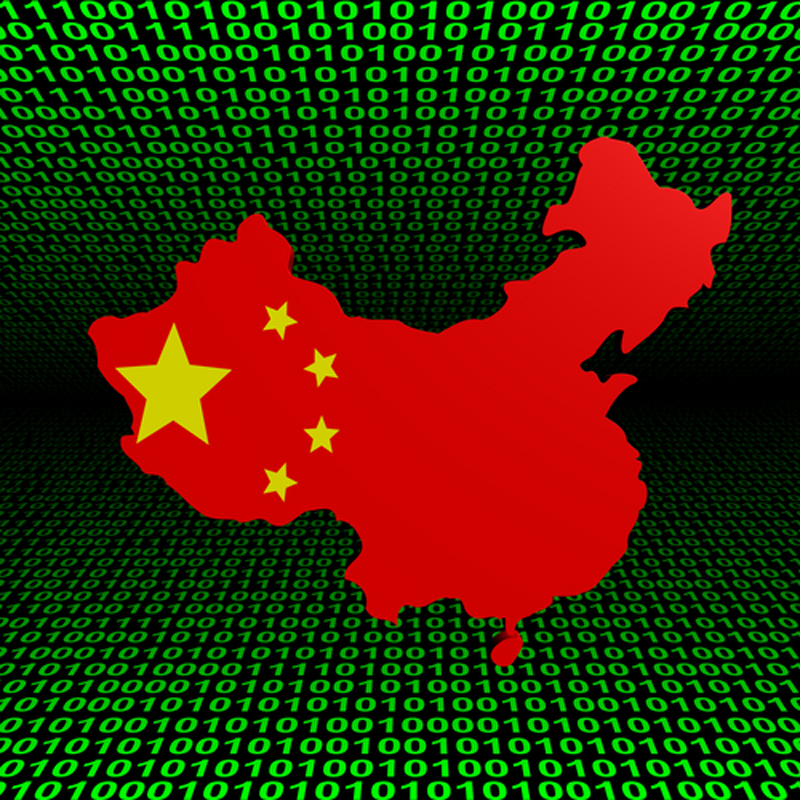

The Chinese government on Friday introduced draft security regulations that industry watchers said could be used to tighten controls on US technology brought into the country in retaliation for recent US actions against Huawei.
China’s Cyberspace Administration published the draft Cybersecurity Review Measures document for public consultation as part of a broader review of implementation of China’s Cyber Security Law, which took effect in June 2017.
The measures would require operators of critical information infrastructure in the country, including major telecommunications network operators and financial services providers, to carry out a review of national security risks when purchasing products and services from abroad.
They have been made available online for public consultation until 24 June.
The draft regulation could be used to block purchases of US technology “on the basis of national security”, Samm Sacks, a cybersecurity policy and China digital economy fellow at New America, a US-based think tank, told the South China Morning Post.
“This appears to be responding to new far-reaching US government powers introduced in the executive order.”
The draft regulation is broadly inclusive on what could be considered a security risk, including “leaking, lost and cross-border transfer of key data” and “supply chain security threat”.
“The regulatory opacity means that officials have quite a lot of flexibility in how they want to implement this – meaning it could be applied to US firms in a way that embodies ‘qualitative measures’ as part of China’s trade war response,” said Nick Marro, a Hong Kong-based analyst with The Economist Intelligence Unit.
On Thursday Panasonic joined the list of companies suspending business with Huawei after the US placed the firm on a trade blacklist.
Google, the UK’s ARM Holdings, Microsoft, Intel, Qualcomm and others have said they would fully or partially stop doing business with Huawei in order to comply with the US executive order.
The order applies to goods or services with 25 percent or more of US-originated technology or materials.
Trade hostilities between the US and China sent Asia Pacific shares to four-month lows late last week and have cast doubts upon 5G rollouts in China, Europe and elsewhere, in which Huawei has been expected to play a critical role.
The moves have also weighed on shares of smartphone chip makers such as Qualcomm.
Linda Sui, director of wireless smartphone strategies at Strategy Analytics, told Reuters Huawei could be “wiped out” of the Western European smartphone market next year if the sanctions remain in place.
Analysts Nomura said that an “intensifying” 2020 US presidential election could see recently imposed tariffs remaining in effect through the end of next year.
Nvidia to partner with TSMC, Foxconn, Wistron, Amkor and SPIL to build $500 billion (£377…
American think tank warns about possible threat to US defence, after China imposes rare earth…
China is reportedly pursuing three alleged US NSA operatives, after cyberattacks on Chinese infrastructure
Chip making giant ASML mirrors other equipment makers, and outlines financial impact of Donald Trump's…
AI is transforming cybersecurity, offering faster defence and smarter attacks. Learn how businesses can harness…
Search engine giant being sued for £5 billion ($6.64 billion) damages over allegations for online…